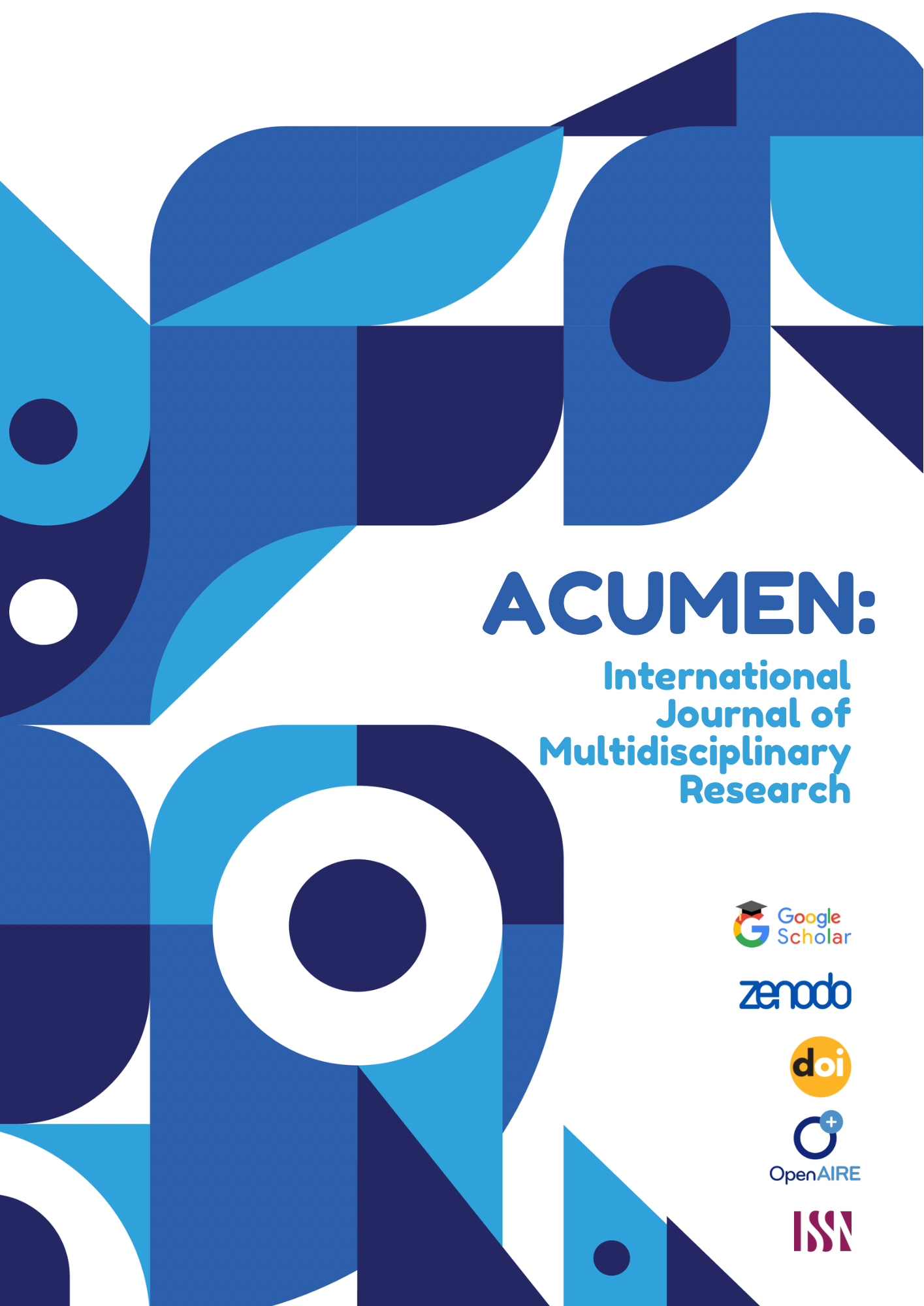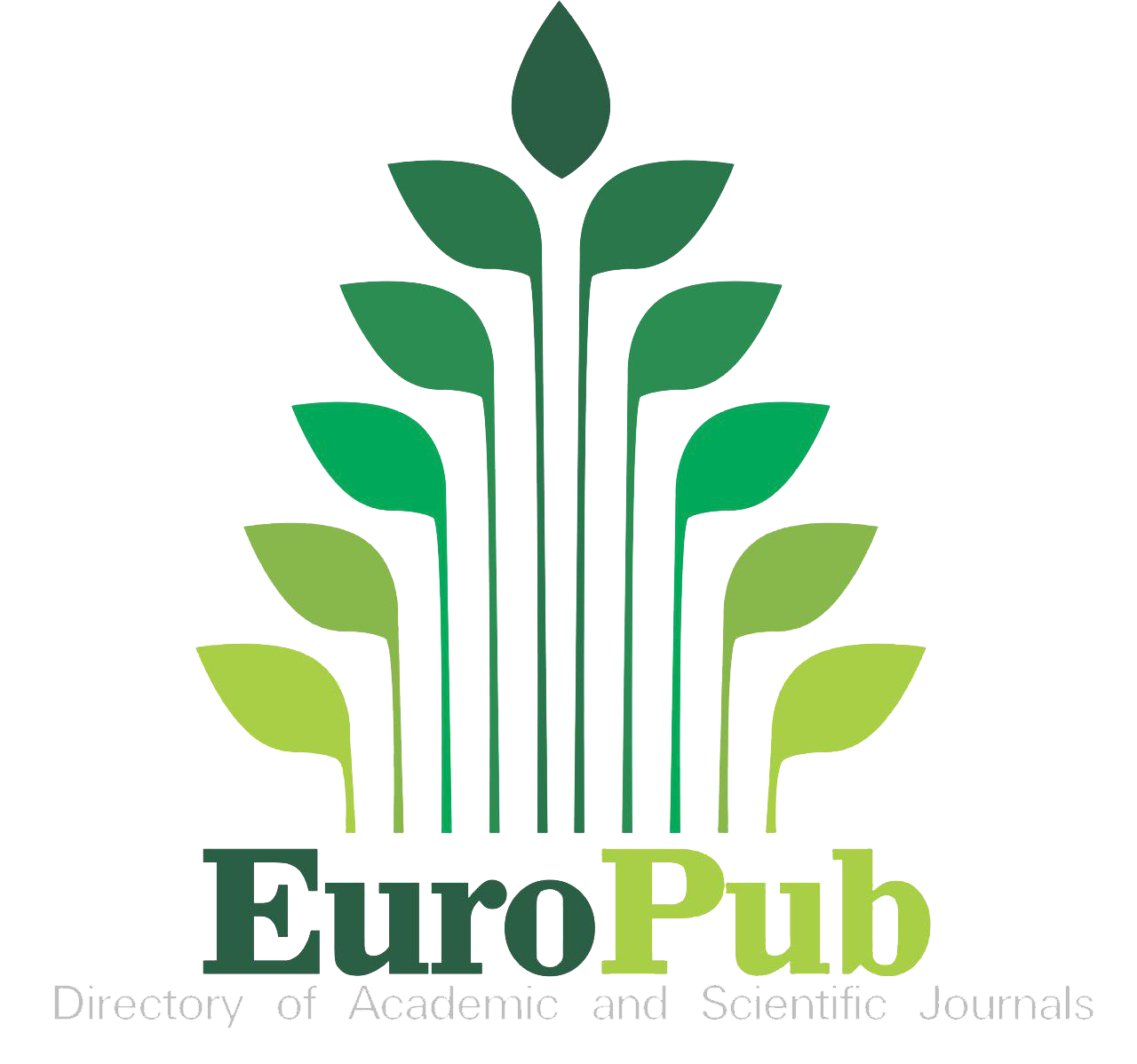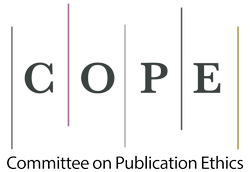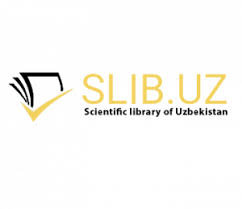THE LINGUISTIC VARIABLES.
Keywords:
Linguistic variables, Language variation, Sociolinguistics, Phonological variation, Morphological variation, Syntactic variation, Lexical variation, Social factors, Language change, Identity formation.Abstract
Linguistic variables are crucial elements in the study of sociolinguistics, as they help in understanding language variation and change within different social groups. This paper follows the IMRAD method to examine linguistic variables and their impact on language use across different demographics. Using a qualitative approach that includes a literature review and case study analysis, this research highlights how linguistic variables such as phonology, morphology, syntax, and lexicon contribute to language diversity
References
1. Kabilova Sayyora Abdukarimovna. (2023). THEORETICAL FOUNDATIONS OF THE STUDY EUPHEMISMS. Proceedings of International
Conference on Modern Science and Scientific Studies, 2(6), 119–123. Retrieved from
https://econferenceseries.com/index.php/icmsss/article/view/2256
2. Sayyora, Kabilova. "Metaphor in Newspapers." JournalNX, vol. 7, no. 1, 2021, pp. 210-214.
3. Fuzzy Logic for Business and Industry Earl Cox, Charles River Media, pp188,214,302,306,352 1995 ISBN 1-886801-01-0
4. ^ The Fuzzy Systems Handbook, Second Edition Earl Cox, Academic Press, 1999 ISBN 0-12-194455-7 Ch 6 Fuzzy Reasoning, § 1 The Role of Linguistic Variables
5. ^ On the Modeling of Linguistic Information using Random Sets Hung T. Nguyen p. 242 in Readings in Fuzzy Sets for Intelligent Systems. Morgan Kaufmann 1993. Dubois, Prade, and Yager eds.
6. ^ Fuzzy Sets And The Social Nature of Truth J. Goguen. CS UCLA p. 4967 in Advances in Fuzzy Sets and Systems, North Holland, 1979. § 2.3 Linguistic Truth Values. ISBN 0-444-85372-3





























